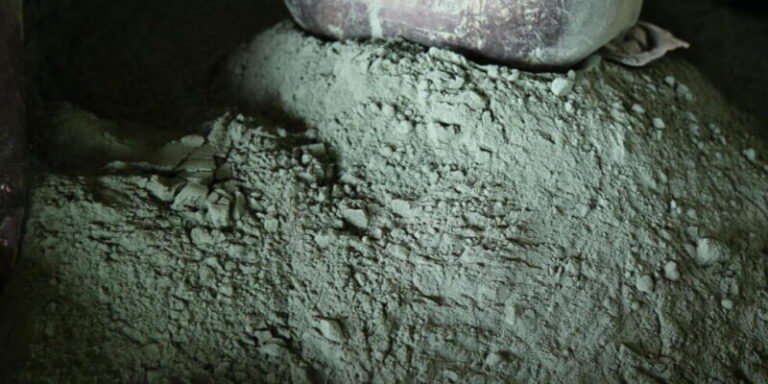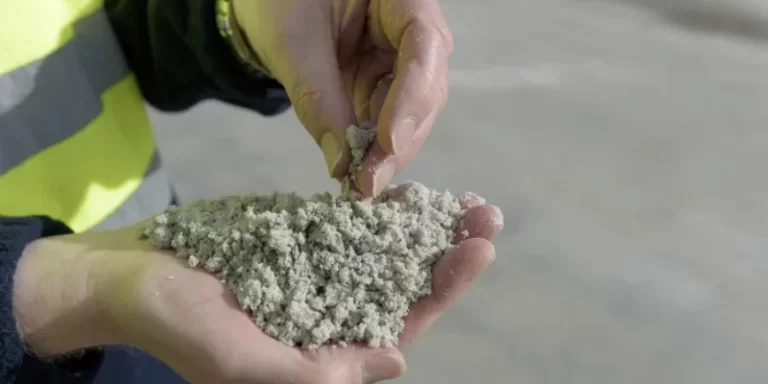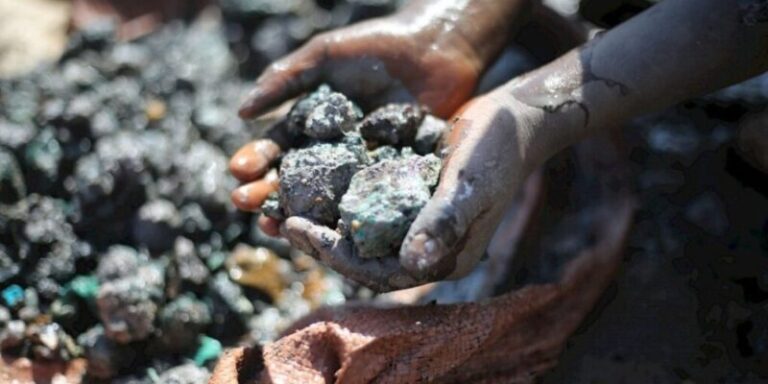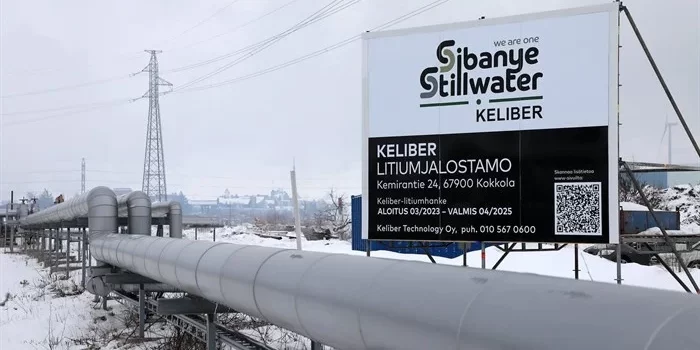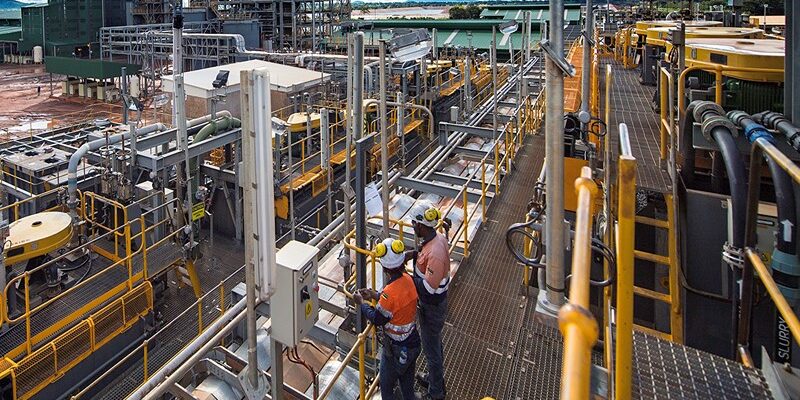
Unforeseen graphite market developments in 2023 have impacted sales and production momentum for Syrah Resources’ Balama graphite project, highlighting the company’s strategic position in global battery anode and natural graphite markets, Chairperson Jim Askew said on May 24 at the company’s AGM.
Lower production from the Balama project in Mozambique, along with decreased natural graphite sales and average prices, were influenced by the expansion of synthetic graphite capacity and Chinese government policies affecting the anode customer market. These factors prevented Balama from reaching its full potential, Askew explained.
“These market conditions have persisted into 2024, creating significant challenges for supporting Balama’s sales and production.
On a positive note, China’s exports of value-added graphite products returned to normal levels in February and March 2024, with licenses being granted,” Askew said.
Balama operated on a campaign basis for most of last year. This operational mode improved the company’s inventory management and cash flow amid volatile Chinese customer demand.
However, despite stable operational performance with good product quality and grade, the stop-start nature of plant operations impacted graphite recoveries, resulting in operating costs exceeding breakeven levels.
One of the largest on-site solar and battery systems in Africa began operations at Balama during the year, marking an important step towards reducing the environmental impact of the company’s operations.
Syrah completed four Pemba breakbulk shipments during the year, demonstrating potential for future logistics efficiencies without sales constraints from shipping out of Mozambique.
Production from Balama is being moderated until demand and price conditions improve, with sales being made from inventory positions.
“We are prepared to quickly ramp up production if market conditions warrant. A sustainable cost position at Balama can be achieved as production rates increase, supported by higher product sales,” Askew said.
Policy developments in the US, EU, and China have spurred greater interest in Balama products from non-China anode customers and increased access to supply from battery manufacturers and automotive OEMs.
“We are optimistic about the tier-one potential of Balama as high-volume and high-margin sales opportunities progress.
The growing penetration of electric vehicles (EVs) and our strategic upstream position in Balama are being fully recognized,” Askew noted.
Significant progress was made towards completing the Vidalia active anode material (AAM) facility in Louisiana, the cornerstone of Syrah’s downstream strategy.
Off-site equipment fabrication and on-site construction ramped up to peak intensity throughout 2023, with commissioning and operations of various process areas completed by early 2024.
In early February, the company began commissioning AAM production from the commercial-scale facility, culminating over seven years of downstream technology development and five years of product and facility development at Vidalia.
A definitive feasibility study on a larger expansion at Vidalia is underway, with steps towards a final investment decision progressing.
High demand for Vidalia AAM is driven by Syrah’s leading position in US integrated supply, customer qualification processes, cost and quality advantages from vertical integration with Balama, and a strong ESG standing.
The US government’s support through funding opportunities and tax incentives under the Inflation Reduction Act further bolsters Syrah’s growth strategy.
“The significant battery manufacturing buildout in North America and strong market and government support for our AAM capacity expansion present substantial opportunities for our downstream business.
Additionally, the slow pace of anode capacity development in Western regions enhances Syrah’s market position as an ex-China AAM supplier,” Askew explained.
This year, Syrah completed a A$98-million equity raising and reached an agreement with long-term shareholder AustralianSuper to convert certain convertible notes into shares, ensuring substantial liquidity to navigate near-term market volatility.
The board is considering an investment to expand Vidalia’s capacity, ensuring it aligns with an appropriate funding structure and a compelling business case.
“Syrah’s deep understanding of the operating environment and stakeholders in Mozambique has garnered strong support, despite challenging market conditions.
Our predominantly local workforce continues to develop well and adapt to required flexibility,” Askew said.
The security situation in Cabo Delgado province has been stable, with no operational impacts. Syrah’s ESG activities are fundamental to its operating strategy for both Balama and Vidalia, with commitments to local employment, community projects, and alignment to leading ESG frameworks.
The Vidalia facility and expansion project provide clear economic benefits to Concordia Parish, Louisiana, with proactive community engagement ensuring project support.
Askew acknowledged that corporate key performance indicators (KPIs) and moderate performance against personal KPIs resulted in lower short-term incentive grants for 2023 compared to 2022.
The long-term incentive plan is designed to align with shareholder value creation, and consequently, no long-term incentives vested at the end of 2023.
The five-year performance and retention incentive (5YPRI) plan, implemented in 2020, vested 60% of the Year 4 tranche for key management personnel, with 780,000 performance rights lapsing at the end of 2023.
“Rewarding, motivating, and retaining the executive and senior leadership teams through competitive remuneration and benefits is crucial for the company’s future success, particularly given the specialized knowledge required in this market,” Askew concluded.


